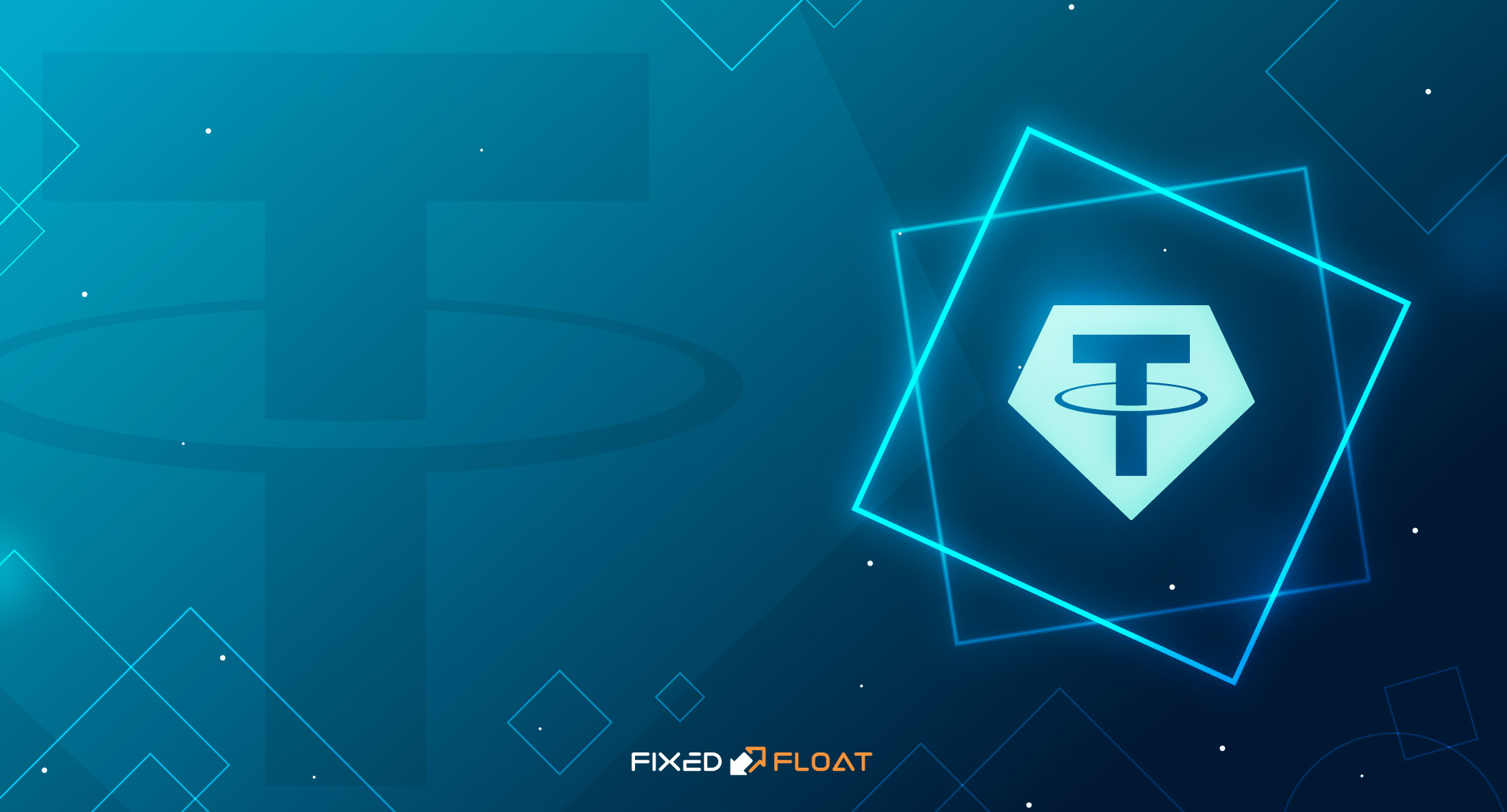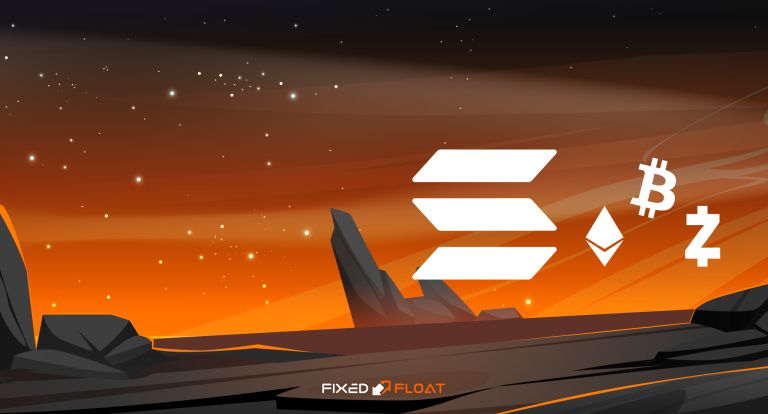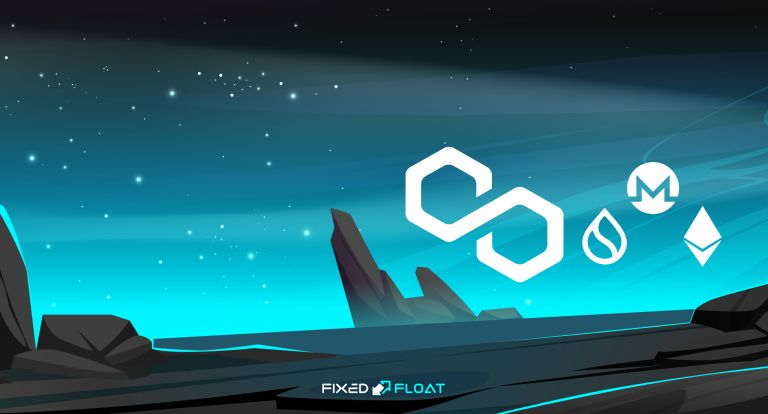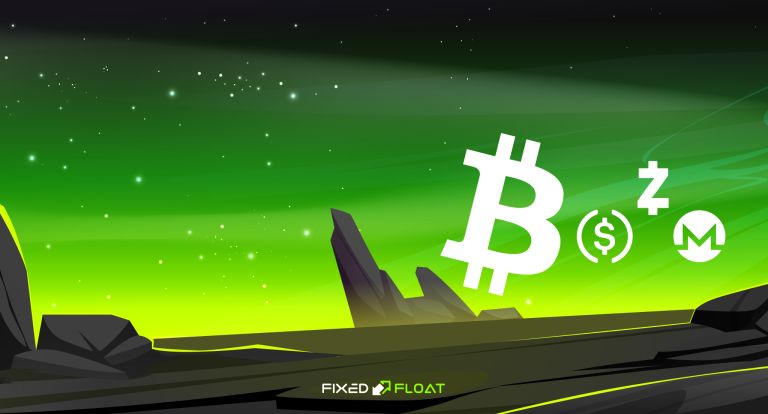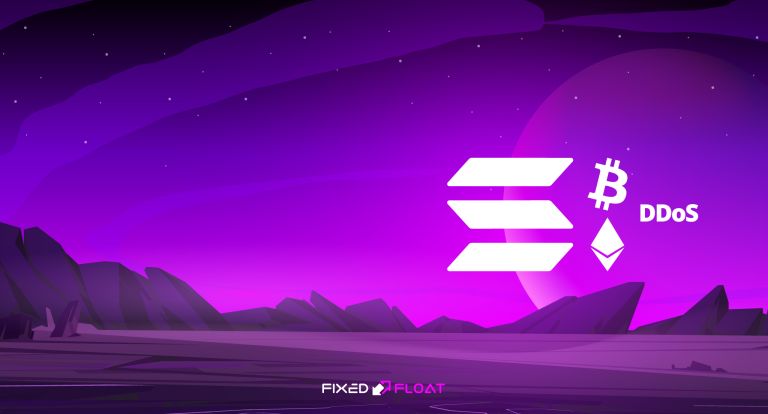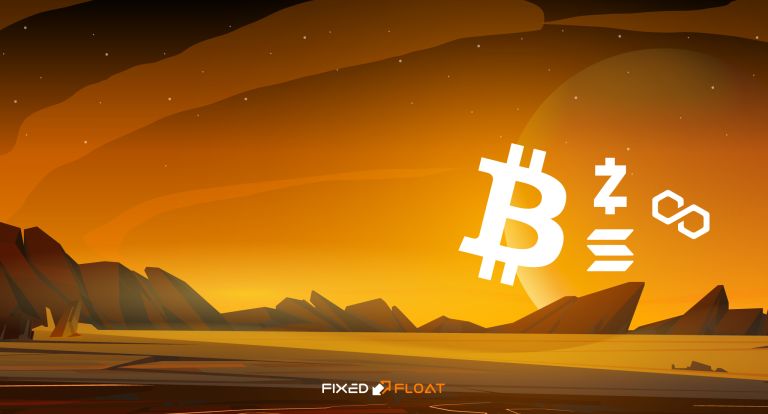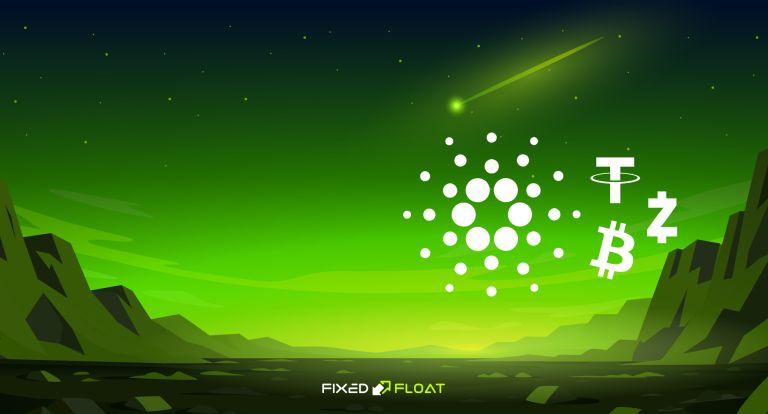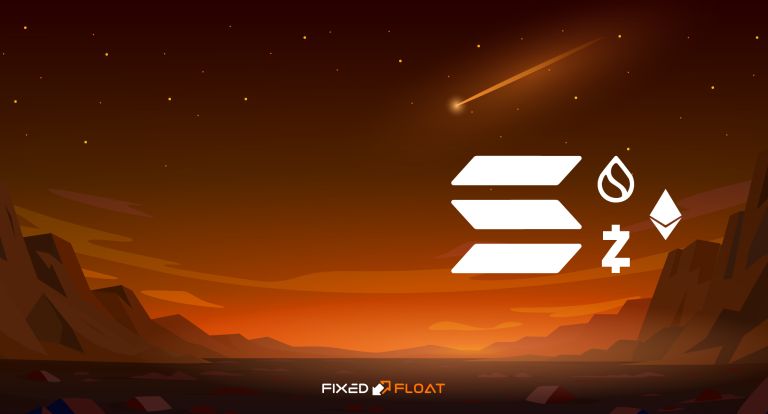Brief History of USDT
USDT was created by Tether Limited in 2014. Its authors have created an innovative platform that many users and traders around the world have been eagerly awaiting.
USDT was originally called Realcoin. However, during the subsequent rebranding, the company changed not only the name, but also the underlying technology. While working on a new version of a fast, easy binding that would provide full access to various services on the Internet, the idea of creating Tether was born. The result was a product that was unlike any other. The developers managed to qualitatively implement an interesting idea - to combine a real currency and blockchain technology. As a result, digital USDT coins appeared.
In simple terms, USDT is a dollar on the blockchain using cryptography. Tether is also called a stablecoin, since its rate rarely fluctuates. Almost always, the market rate of USDT is equal to 1 US dollar.
Features of USDT
- Stable rate. Most often the rate is very close to one dollar.
- There is no emission limit. As long as the Tether project operates, coins will be issued.
- Prevalence. The coin is highly popular and is traded on almost all exchanges.
Disadvantages of USDT
- Lack of regular auditing.
-
The Tether team has been repeatedly accused of the fact that the USDT stored in the reserve fund is several times smaller than the company claims. Due to these accusations, the USDT rate fell to $0.92 in 2017, and to $0.89 in 2018. At the same time, the USDT value has repeatedly risen above $1.05 over the past three years.
-
Tether regularly issues refunds to users who sent their funds to the wrong address. Such actions cause controversy within the crypto community. On the one hand, users are wary of the possibility of blockchain manipulation, on the other hand, Tether has shown the reverse, positive side of its systems: the ability to manually correct unpleasant situations.
Supported Networks
The USDT token is in high demand among FixedFloat users. We currently support USDT on the following networks: Ethereum, Tron, Arbitrum, BNB Smart Chain, Polygon, and Solana.
- USDT on Ethereum Network
- USDT on Tron Network
- USDT on Arbitrum Network
- USDT on BNB Smart Chain Network
- USDT on Polygon Network
- USDT on Solana Network
USDT on Ethereum Network
USDT initially operated exclusively on the Omni Layer network, built on the Bitcoin blockchain. However, in 2018, the company expanded its capabilities by releasing a token on the Ethereum platform. On this blockchain, USDT exists as an ERC20 token.
- Original USDT ERC20 Smart Contract: 0xdAC17F958D2ee523a2206206994597C13D831ec7.
- The average fee on the Ethereum network for ERC20 tokens directly depends on the network load. During periods of high load, the fee can increase significantly, often reaching several dollars per transaction. The current Ethereum network fee can be checked here.
The popularity of USDT ERC20 is due to a number of factors: Ethereum has earned a reputation as one of the most reliable and widely used blockchains, and the USDT token has high liquidity on most major exchanges, which makes it attractive to users.
USDT on Tron Network
In the Tron network, USDT is presented as a TRC20 standard token.
- Original USDT TRC20 Smart Contract: TR7NHqjeKQxGTCi8q8ZY4pL8otSzgjLj6t.
- The average fee on the Tron network for TRC20 tokens is extremely low, often less than $0.01 per transaction.
The popularity of USDT TRC20 is due to several key advantages: the Tron network offers minimal transaction fees, and their processing speed is significantly higher compared to many other blockchains. These features make the TRC20 token a convenient choice for users who value cost-effectiveness and efficiency.
USDT on Arbitrum Network
USDT is available on the Arbitrum network, which is a second-layer network for Ethereum.
- Original USDT ERC20 Smart Contract: 0xFd086bC7CD5C481DCC9C85ebE478A1C0b69FCbb9.
- The average fee on the Arbitrum network for ERC20 tokens is usually very low and can be around $0.03 per transaction.
USDT on the Arbitrum network is popular due to its low fees and fast transaction processing speed, which makes it attractive to users. Thanks to its compatibility with Ethereum, USDT is easy to transfer and use on Arbitrum. These features are especially appreciated in DeFi applications.
USDT on BNB Smart Chain Network
USDT is available on the BNB Smart Chain, which is a high-speed and scalable blockchain designed to support smart contracts and decentralized applications (dApps).
- Original USDT BEP20 Smart Contract: 0x55d398326f99059fF775485246999027B3197955.
- The average fee on the BNB Smart Chain for BEP20 tokens is usually around $0.10 per transaction. You can check the current BNB Smart Chain fee here.
USDT on the BNB Smart Chain has gained popularity due to its low transaction costs and fast speed, making it suitable for active users. BSC plays an important role in DeFi, where USDT is used for trading and providing liquidity.
USDT on Polygon Network
USDT is available on the Polygon network, which is a blockchain with a unique Proof of History consensus mechanism.
- Original USDT ERC20 Smart Contract: 0xc2132D05D31c914a87C6611C10748AEb04B58e8F.
- The average fee on the Polygon network for ERC20 tokens is usually less than $0.01 per transaction. You can check the current Polygon network fee here.
USDT on the Polygon network is popular due to its low fees, fast transaction speed, and compatibility with Ethereum. This makes it user-friendly, especially in DeFi applications where saving on fees and transfer speed are important.
USDT on Solana Network
USDT is available on the Solana network, which is a high-speed and scalable blockchain designed to support smart contracts and decentralized applications (dApps).
- Original USDT SPL Smart Contract: 0x55d398326f99059fF775485246999027B3197955.
- The average fee on the Solana network for SPL tokens is usually around $0.10 per transaction. You can check the current Solana network fee here.
USDT on the Solana network is popular due to its high scalability, which allows for fast and cheap transactions. Solana is also actively used in DeFi and NFT trading, where USDT plays an important role.
